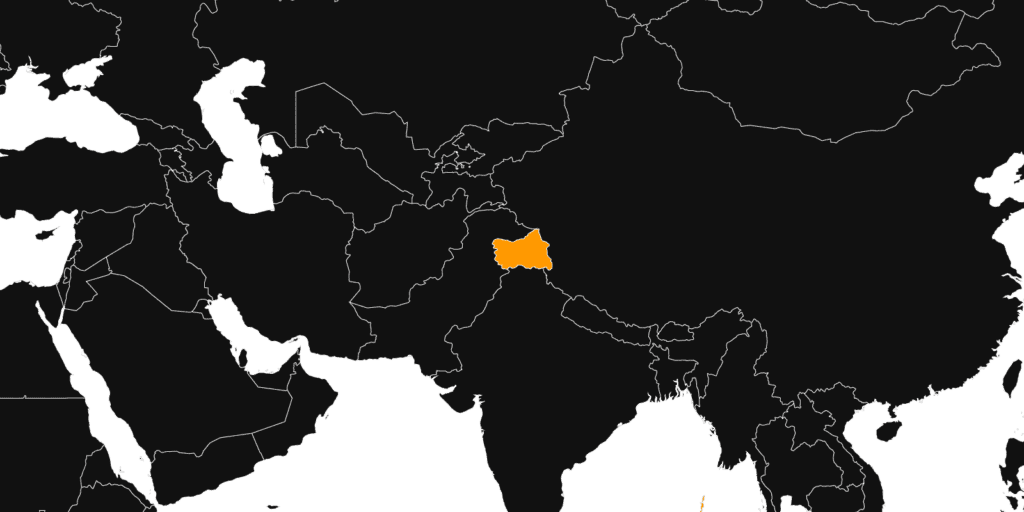
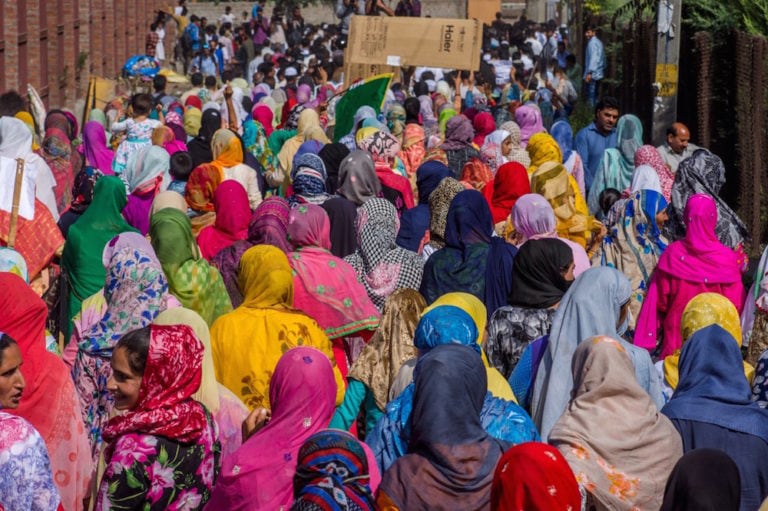
Human rights groups demand an end to communications blackout in Jammu and Kashmir
66 women’s rights, human rights, digital rights, and feminists groups endorse statement on internet blackout in Kashmir.

Kashmir: Lift the information siege
Many media outlets in Kashmir have been forced to close because reporting has been impossible.

India: Democratic rights must be respected and protected in Jammu and Kashmir
Escalating conflict in India administered Jammu and Kashmir state led to a communication blackout and the curtailment of rights.
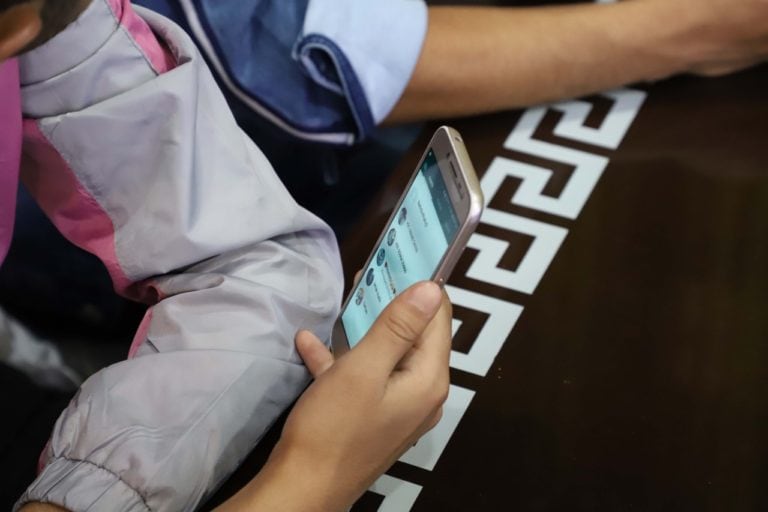
After more than 60 internet cuts so far this year, India urged to overhaul legislation
India is currently disconnecting the internet at a rate of ten times a month, and authorities are invoking even the 1855 Indian Telegraph Act to justify the cuts.
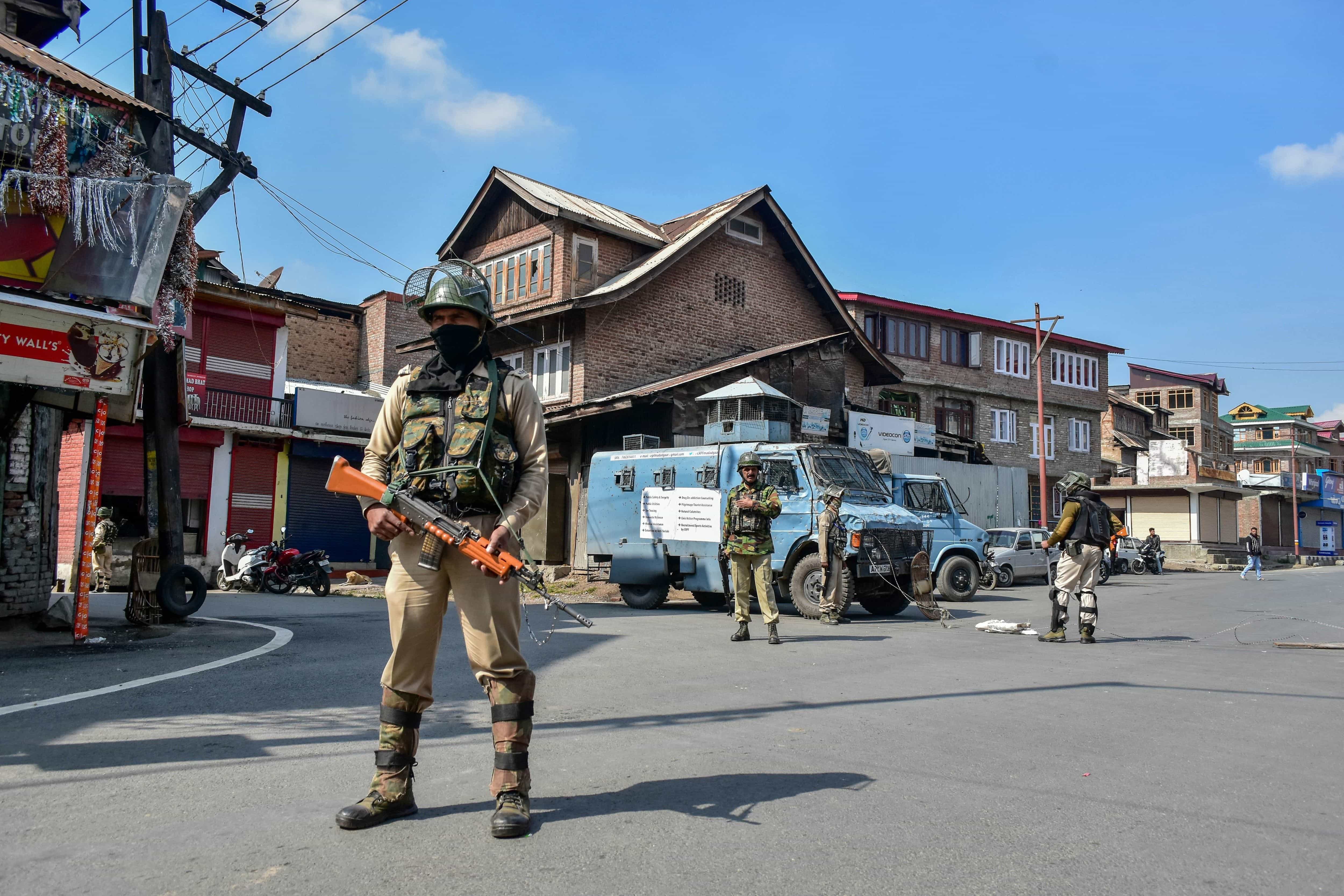
Kashmiri journalists continue to face multiple restrictions
Journalists covering local elections in Indian-controlled Jammu and Kashmir faced restrictions and attacks.
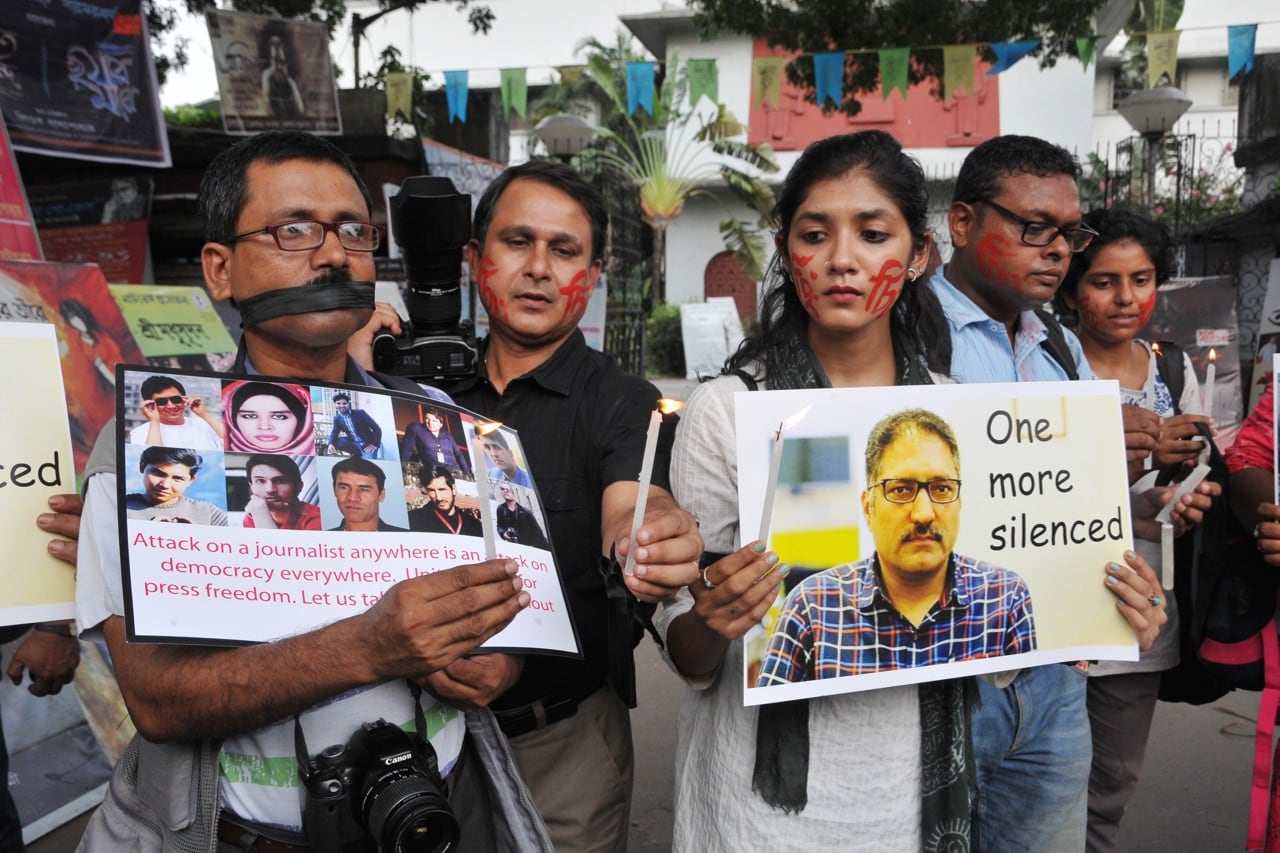
Kashmiri newspaper editor Syed Shujaat Bukhari gunned down
As a journalist for 25 years, Bukhari stood for dialogue between India and Pakistan to resolve the Kashmir dispute.
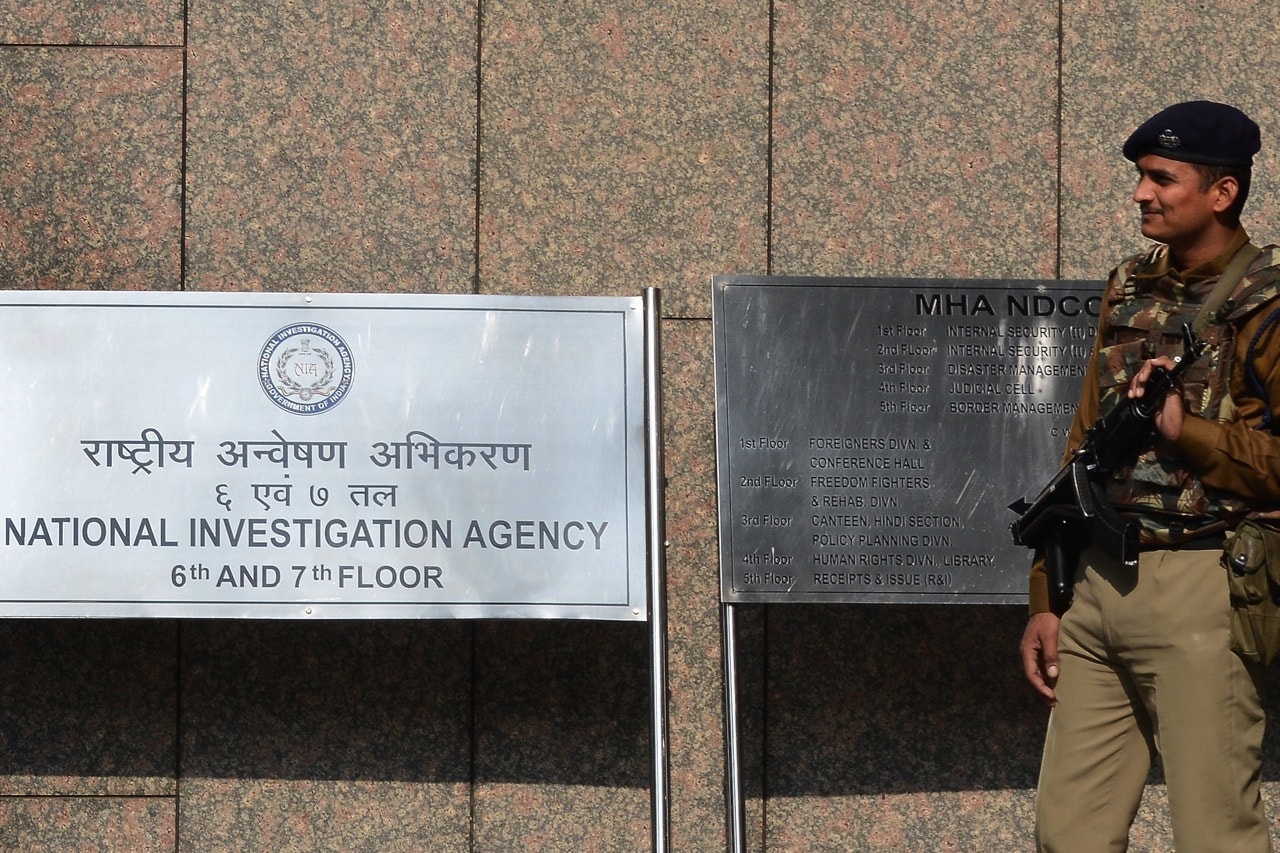
Kashmiri photojournalist Kamran Yousuf detained for several months in India
The photojournalist was arrested on suspicion of conspiracy and instigating stone pelting at security personnel.
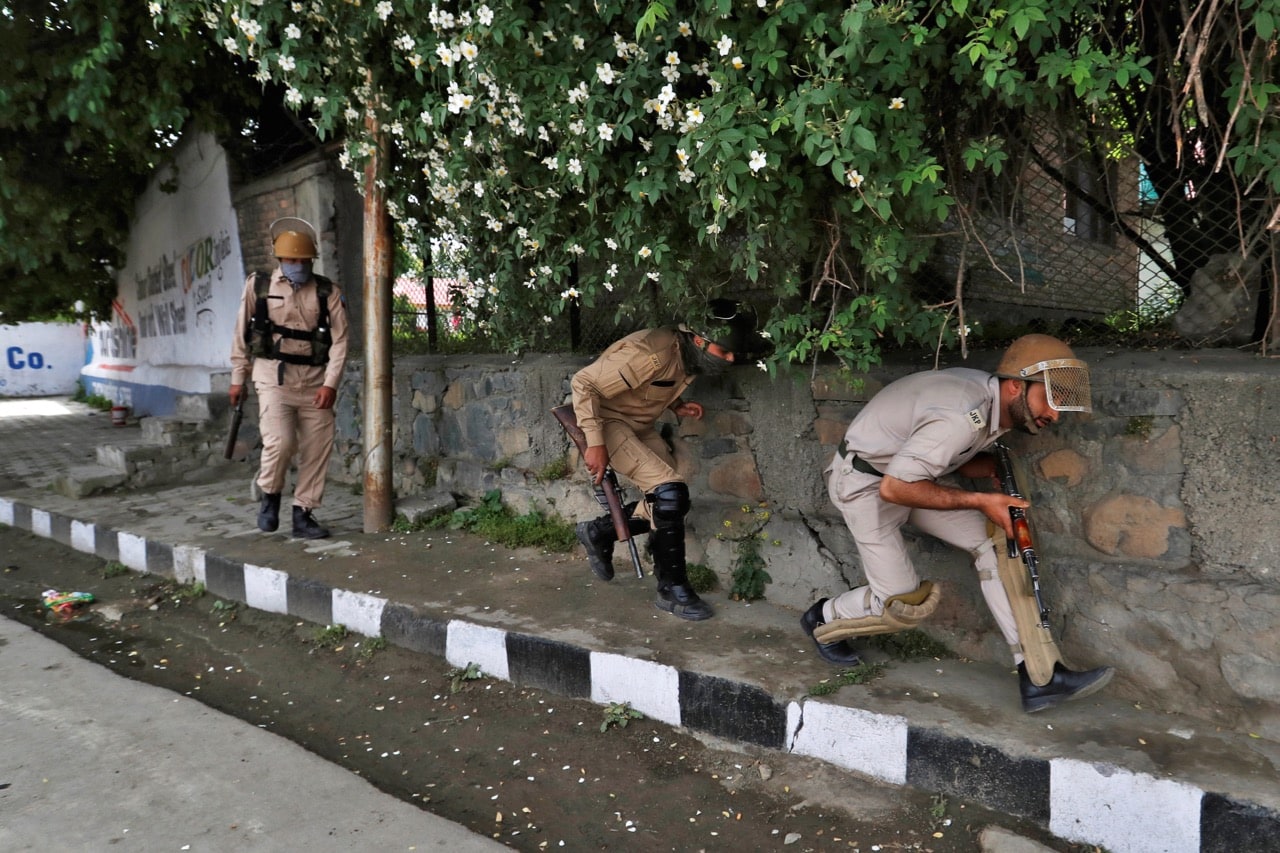
French documentary filmmaker Comiti Paul Edwards arrested in Kashmir
State police arrested the filmmaker in the city of Srinagar while he was shooting a documentary on people injured by pellet guns.
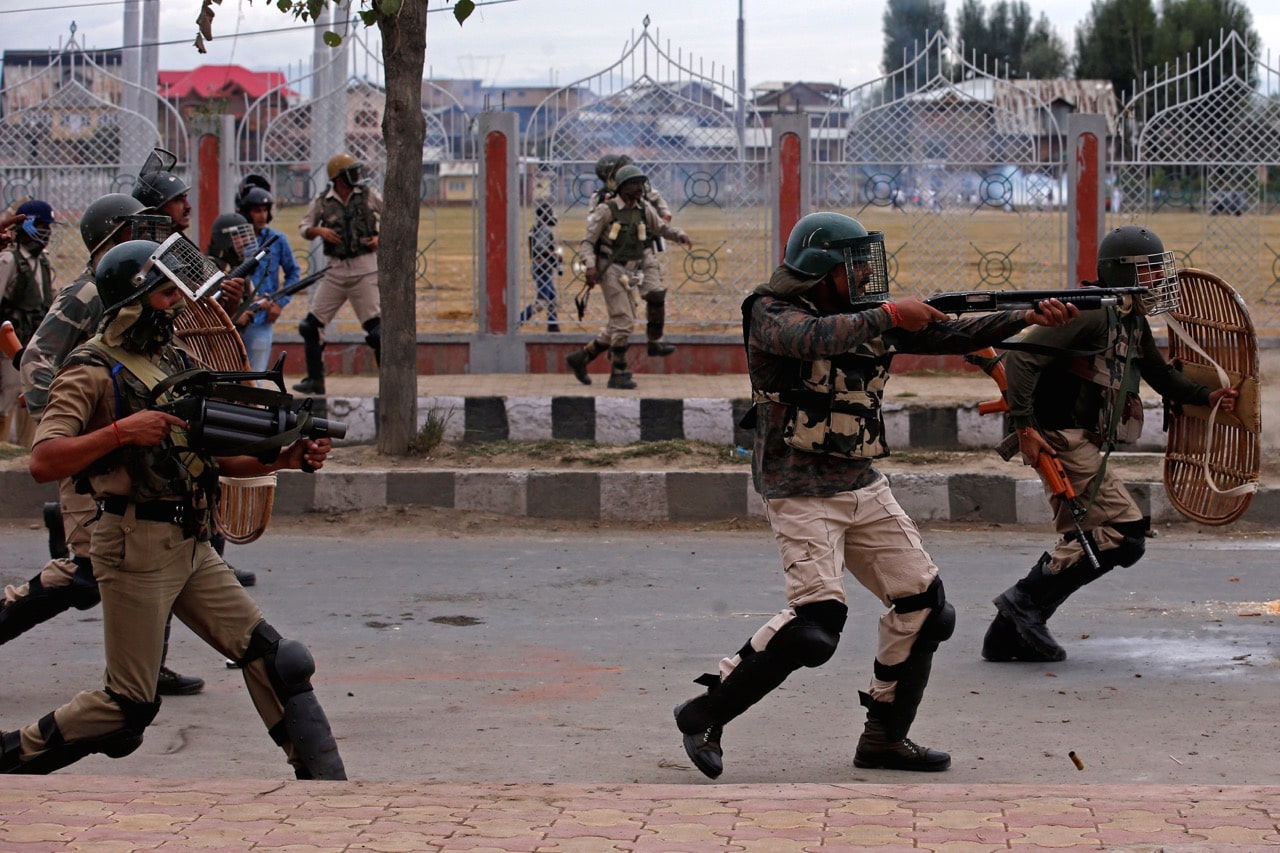
Twitter tells Kashmiri journalists and activists that they will be censored at Indian government’s request
Dozens of people who have tweeted about the conflict in Indian-administered Kashmir may soon be censored on Twitter, at the request of the Indian government.
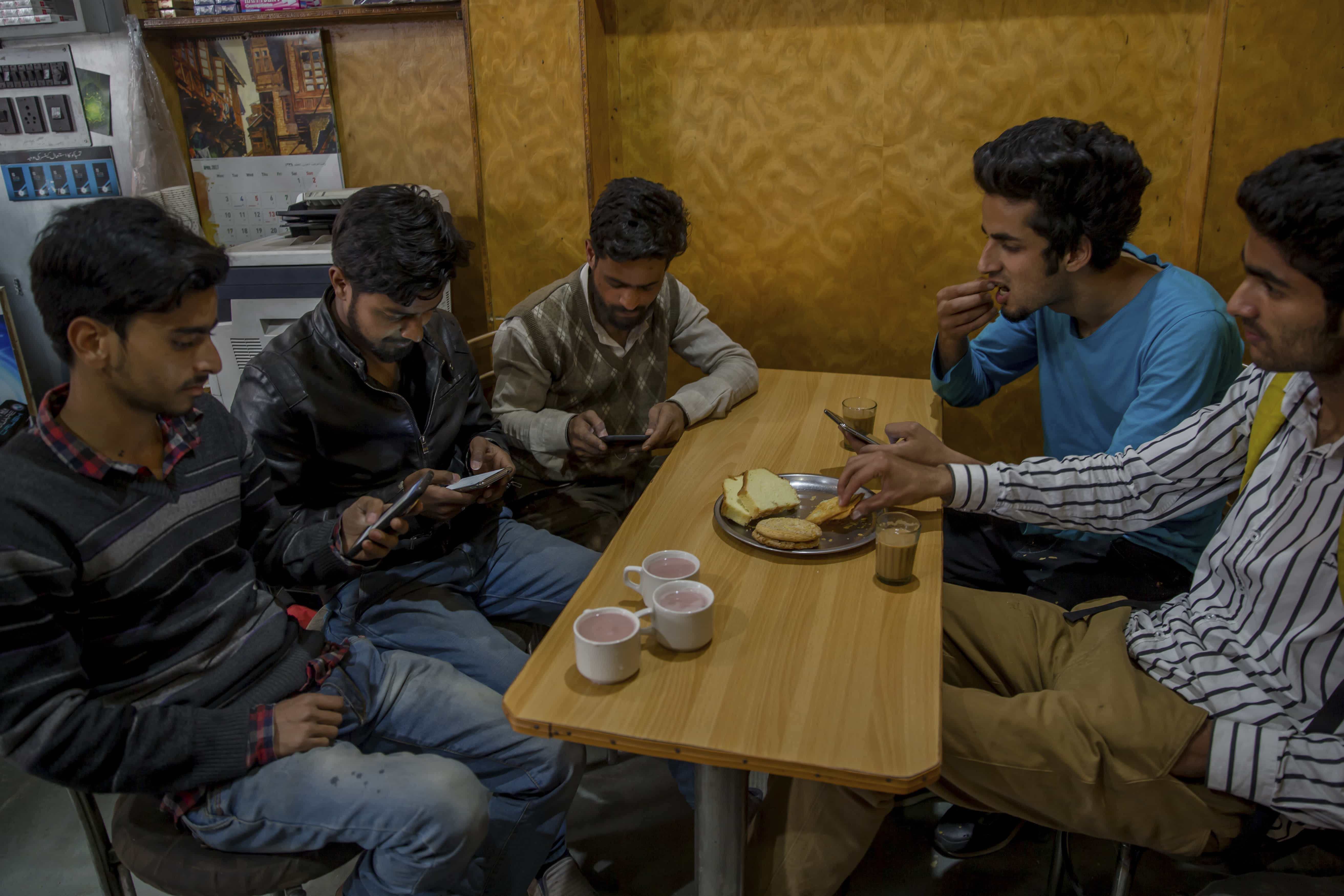
Kashmir blocks Facebook, Twitter and WhatsApp
A move to censor an unprecedented number of social media platforms is not only unlikely to stop dissent, it may also presage more sweeping censorship to traditional media in India.
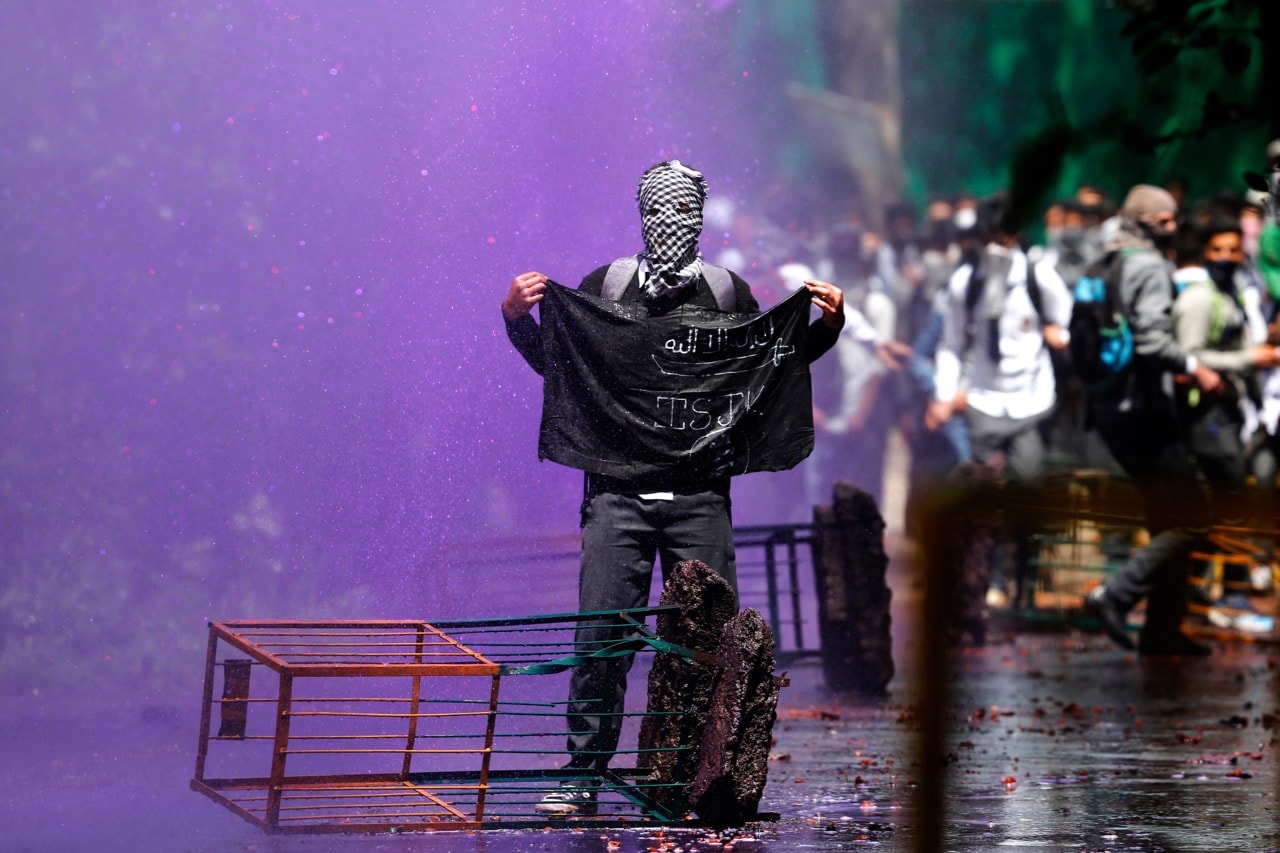
Students protest in Kashmir amidst school closures and mobile Internet blocking
Kashmir is once again the scene of violence after security forces opened fire on protestors, leaving nine people dead and hundreds injured, including security forces.
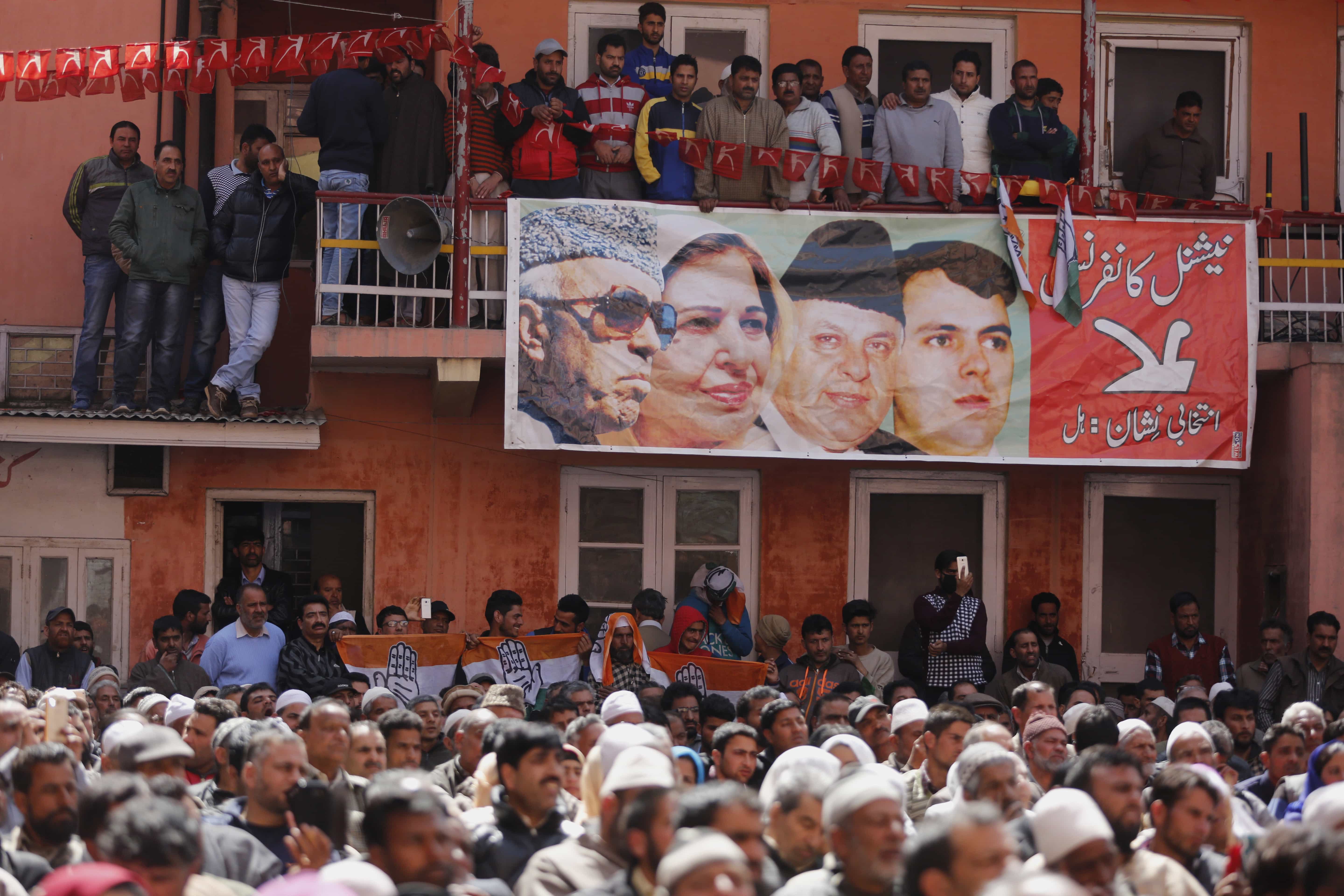
Police prevent journalists from attending press conference in Kashmir
Police in the Indian state of Jammu and Kashmir should allow journalists to work without harassment, and should take disciplinary action against officers filmed attacking journalists.
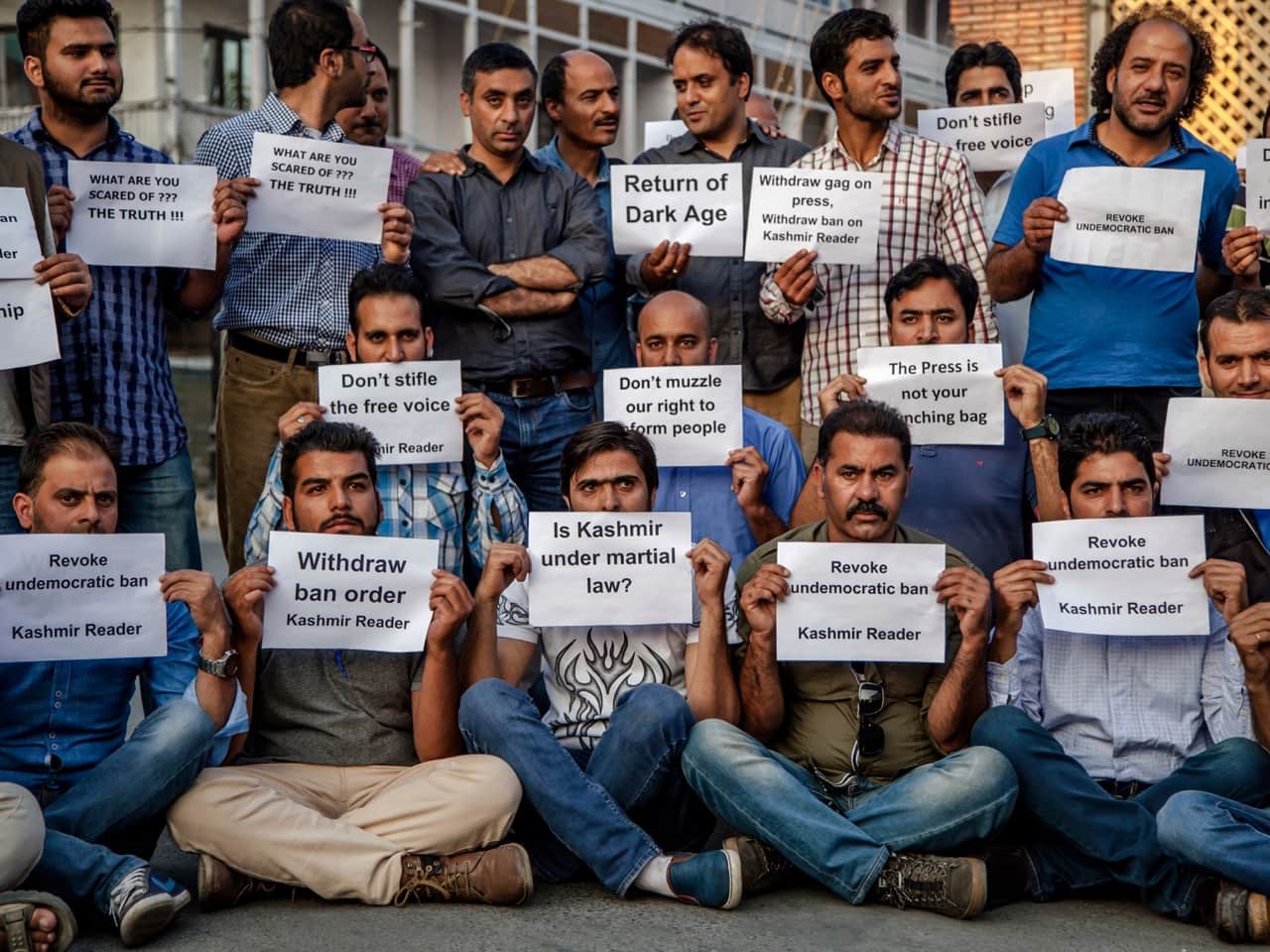
Kashmir newspaper ordered to suspend printing
“Censoring the press will not put an end to the unrest in Jammu and Kashmir,” CPJ said. “The Kashmir Reader should be allowed to resume publication without delay.”

Kashmir newspaper ordered to suspend printing
“Censoring the press will not put an end to the unrest in Jammu and Kashmir,” CPJ said. “The Kashmir Reader should be allowed to resume publication without delay.”
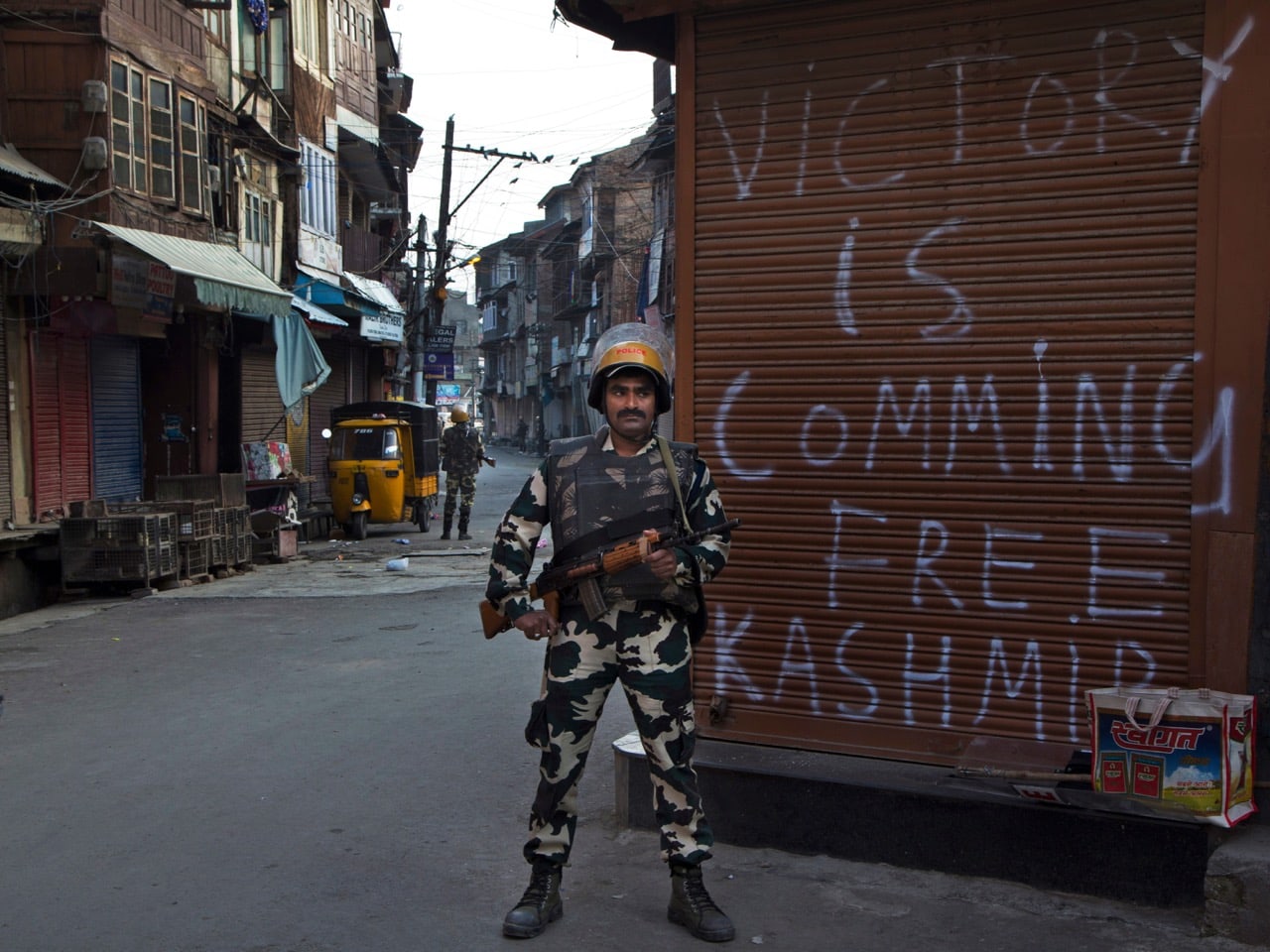
Journalists face difficulties as unrest in Kashmir continues
Amidst a communication blockade and threats from all sides, journalists and photojournalists are being subjected to attacks and harassment on a daily basis since the unrest began on 8 July 2016.
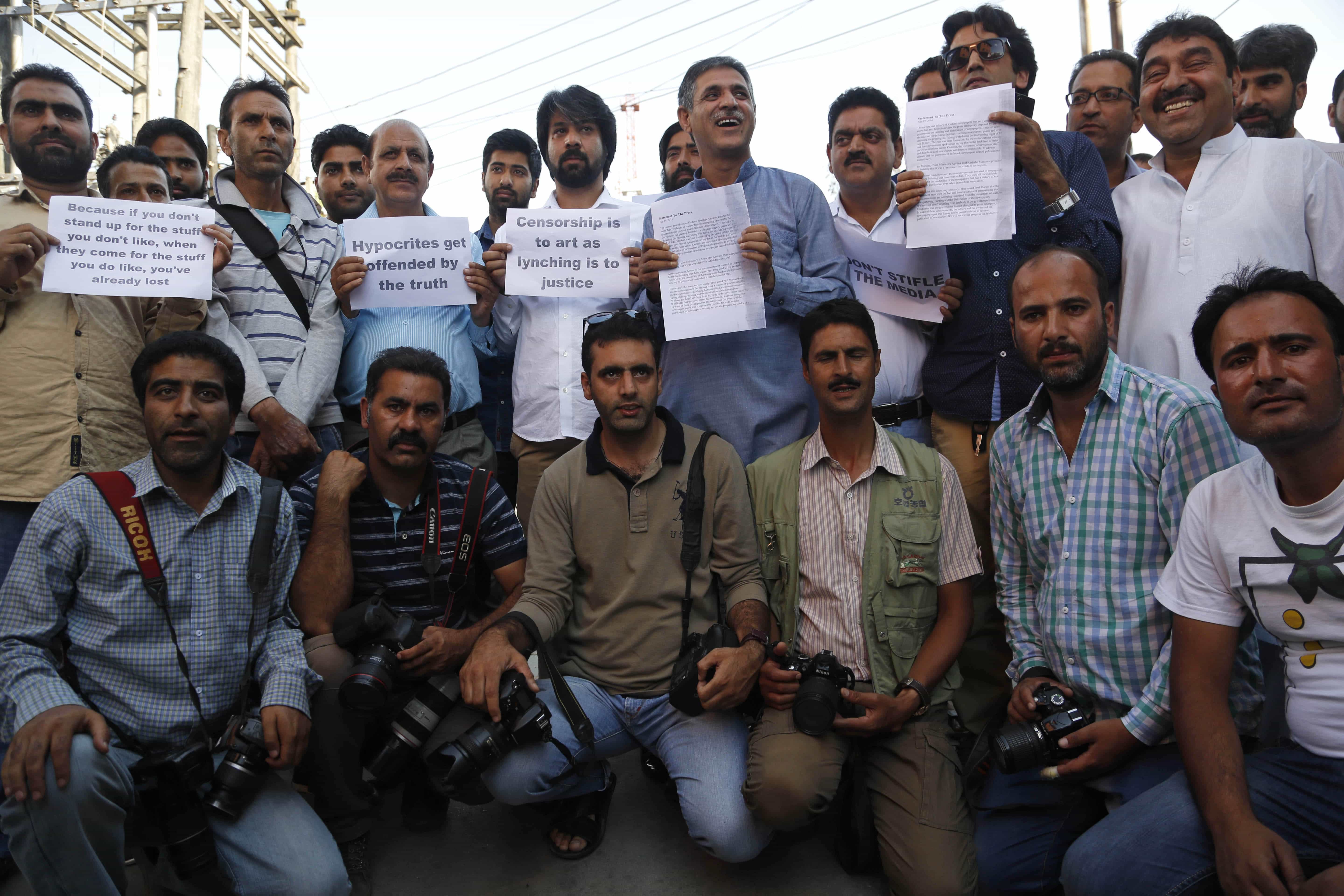
Kashmir: Communications blockade exacerbates the human rights crisis
Newspaper bans, Facebook takedowns and clampdowns on internet and telecommunications services are making it harder for people to access information, express dissent and maintain contact with friends and family during a very turbulent time.